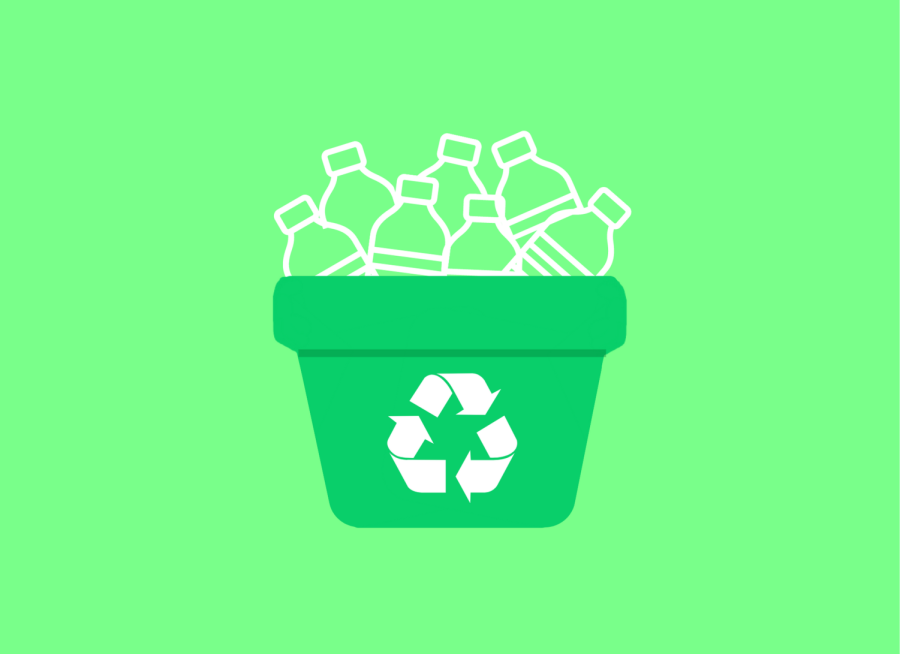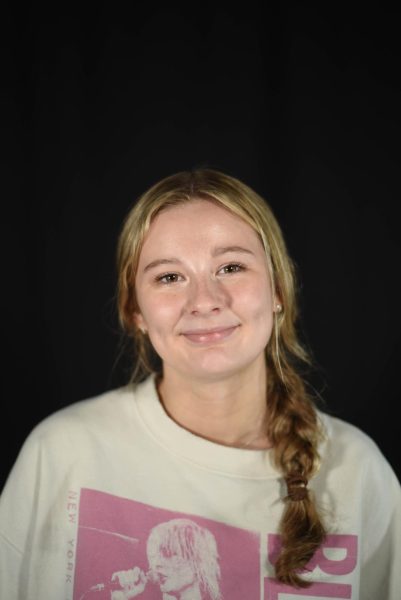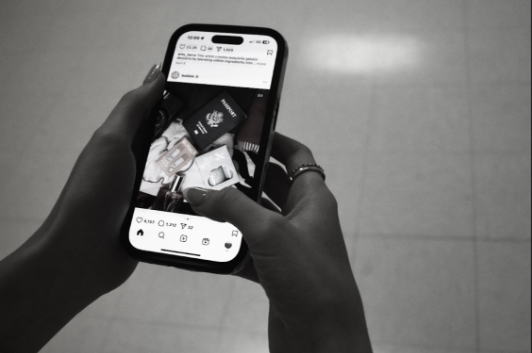Elkins High and Our Greener Future
Pollution and the circulation of deleterious substances in the environment have been a problem for a long while, with the first accounts of pollution documented in Greece over 2,400 years ago. Despite this, in more recent times, recycling waste has become something of a practical household chore.
The plastic that we recycle inside our homes doesn’t always actually get recycled. There are several reasons for this. One of the major reasons is the lack of resources. There are several types of plastic and most recycling centers only accept #1 and #2 plastics.
Wishcycling is defined as “the act of tossing something in your recycling bin with the mere hopes that it is recyclable,” which is another obstacle to our wish for a greener future. Unfortunately, tossing in those to-go cups and single-use cutlery only make the recycling process more laborious, which, in turn, costs more money.
Only about 50% of Americans have residential recycling, and on the larger scale of things, most companies opt for virgin plastic (“the direct resin produced from a petrochemical feedstock, such as natural gas or crude oil, which has never been used or processed before.”) because it’s cheaper to make.
All of this paints the picture that recycling is a lost cause. Is it worth it? What can we do in our communities if we want to make a difference?
Starting small is the way to go. Ditch straws, plastic bags (these often jam recycling machines), and start using reusable water bottles. At Elkins High, water fountains have been installed that have a specific part for the refilling of water bottles. There’s a screen that shows how many plastic bottles have been saved from usage, which instills hope for several environmental enthusiasts. The amount of water bottles we use has a gargantuan effect on the environment; 2.5 million water bottles are thrown away each hour in America alone . . . what positive effects would we bring if we all started using reusable water bottles?
Recently, sign-ups for clubs have happened at EHS, which brings many opportunities for students to flourish their interests and skills. There’s now a recycling club at EHS, run by Mr. Duncan and Mrs. Phipps.
“We want to teach students how to become good stewards of Earth and educate them on how they can make the world better.” Says Mr. Duncan, one of the recycling club leaders. “One of the changes I’d like to see is an emphasis on renewable energy, especially solar and wind energy because both apply to what can be done to West Virginia and to the rest of the world.” And Mr. Duncan is right, according to www.solar-nation.org, “West Virginia may not be the sunniest of states, and our utility rates may be among the cheapest in the nation. But PV costs have fallen hugely, and the technology is getting better all the time.” They claim that West Virginians could save thousands of dollars a year just by switching to solar energy.
With more effort and education on the subject, we can teach generations ahead of time how we can keep our Earth clean. After all, the environment is what makes West Virginia Wild & Wonderful.




